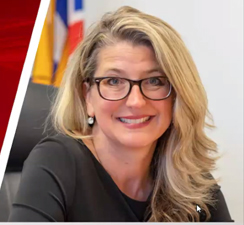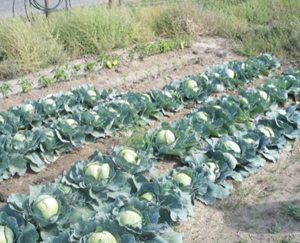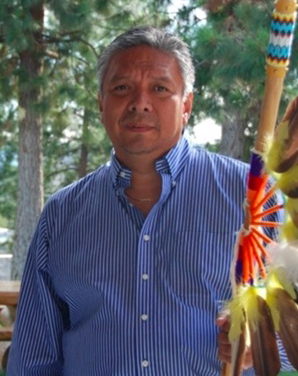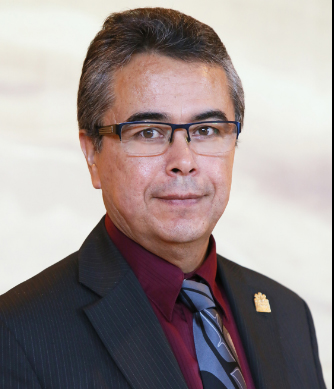July 15, 2021 | VICTORIA, BC
by Jalen Codrington & Mary P Brooke, Editor | Island Social Trends
Indigenous leaders and agriculture experts on agriculture from across British Columbia are working with the provincial government to increase Indigenous participation in the sector and strengthen Indigenous food system.

The newly formed B.C. Indigenous Advisory Council on Agriculture and Food (IACAF) is working with the Ministry of Agriculture, Food and Fisheries on a three-year strategic plan to advance shared priorities.
The BC Minister of Agriculture, Food and Fisheries is Lana Popham who has been ardently keen about improving the widest possible scope of food security and agricultural policies in BC since first being elected in 2017. She addressed the Victoria Chamber of Commerce earlier this year about how agricultural initiatives are intertwined with economic recovery and development as BC gets past the COVID-19 pandemic.
The Parliamentary Secretary for Fisheries and Aquaculture is Fin Donnelly, MLA (Coquitlam-Burke Mountain). The Deputy Minister of Agriculture, Food and Fisheries is Thomas Ethier.
Priority areas:
The priority areas of IACAF are to:
- Advance food security and food sovereignty of Indigenous peoples across the province and contribute to more resilient local, regional and provincial food systems
- Increase Indigenous peoples’ success and participation in the agriculture and food sector
- Strengthen and inform the ministry’s understanding of Indigenous peoples’ inherent rights, interests and perspectives as they relate to the agriculture and food sector through provision of advice on policy and operations to support the Ministry of Agriculture, Food and Fisheries’ implementation of the Declaration Act.
Indigenous food systems:
“Currently, many aspects of our Indigenous food systems are not within the mandate of British Columbia’s Ministry of Agriculture, Food and Fisheries,” said Chief Byron Louis, IACAF chair, Okanagan Indian Band.
“Our food security and food sovereignty are deeply entwined with the ecological health of our Indigenous territories, which are increasingly impacted by the effects of climate change and associated threats. Our worldviews, knowledge systems, relationships with our lands and territories, and inherent rights to self-determination, including to maintain, control, protect and develop our cultural heritage and economies, guide IACAF’s work, and are essential to the realization of the objectives of this council.”
Meetings started in June 2021:
The 15-member council held its first meeting on June 24, 2021 to discuss priorities identified in the three-year strategic plan and will continue to meet quarterly. It is comprised of individuals appointed by the Ministry of Agriculture, Food and Fisheries.
“The creation of IACAF and its strategic relation with the ministry will help ensure First Nations’ food security and opportunities for full participation in the agriculture industries throughout the province,” said Tribal Chief Tyrone McNeil, Seabird Island Band.
====== LINKS (provided by government)
B.C. Indigenous Advisory Council on Agriculture and Food:
https://www2.gov.bc.ca/gov/content/industry/agriculture-seafood/business-market-development/agricultural-trusts-and-councils/bc-indigenous-advisory-council-on-agriculture-and-food
B.C. Indigenous Advisory Council on Agriculture and Food’s three-year strategic plan:
https://www2.gov.bc.ca/assets/gov/farming-natural-resources-and-industry/agriculture-and-seafood/business-and-market-development/bc-indigenous-advisory-council/iacaf_strategic_plan.pdf







